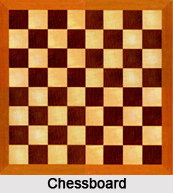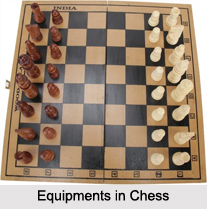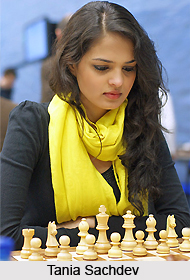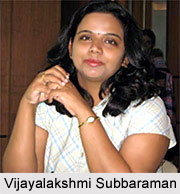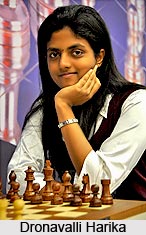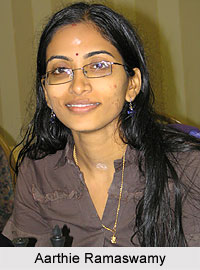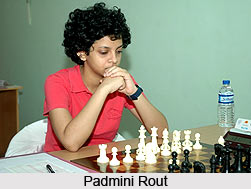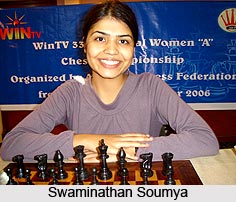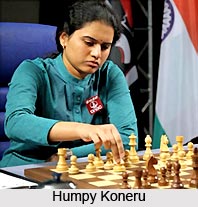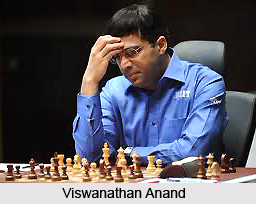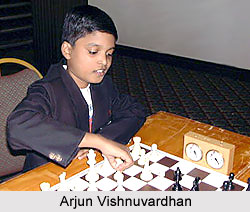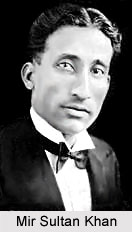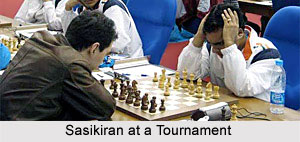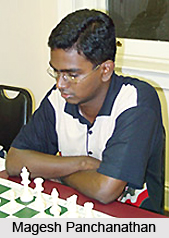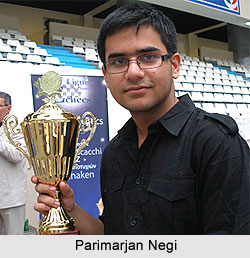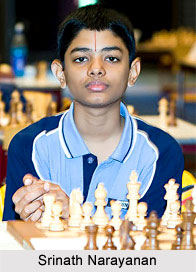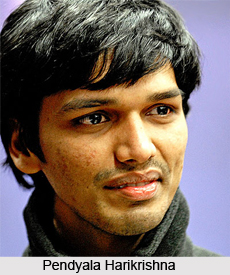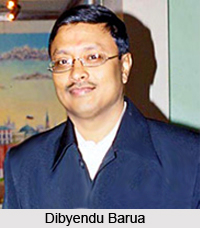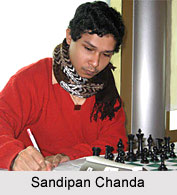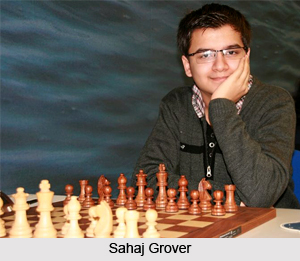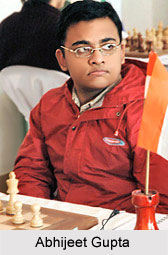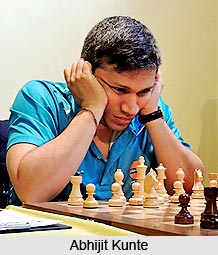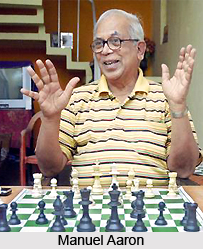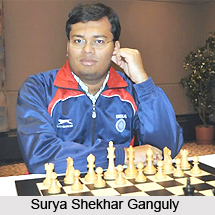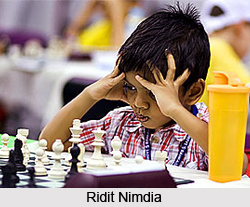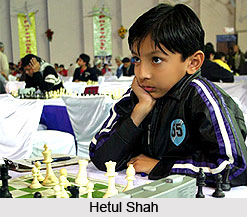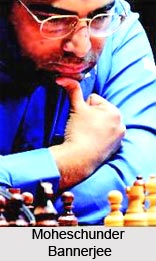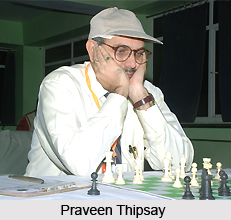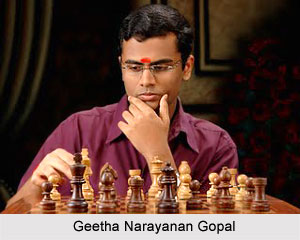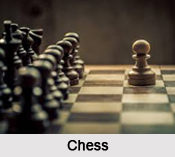 Popularity of Chess in India began when the monarchy was in the administration. But in modern India, the popularity of Chess is as much with cricket, swimming and football.
Popularity of Chess in India began when the monarchy was in the administration. But in modern India, the popularity of Chess is as much with cricket, swimming and football.
Chess falls under the category of abstract strategy games, that is, a game that proceeds purely on analytical reasoning and consequent decisions, with absolutely no room for chance. Two players or two teams generally play chess. Chess is the game and an intellectual challenge between two players.
Objective of Chess
The objective of the game is to arrest the opponent"s king in such a way that there is no room for him to escape. This fatal entrapment of the king is called checkmate. One must also try to protect one"s own king during the game.
Movements in Chess
The game is begun with the white making the first move, followed by the black, and thus, the moves are alternated. Each piece in the chessboard has certain powers, which enables or restrict certain movements.
Chess Players in India
In contemporary times, India is placed among the top chess playing countries in the world, all due to players like Viswanathan Anand, P. Harikrishna, Dibyendu Barua, Koneru Humpy, Krishnan Sasikiran, Manuel Aaron, Parimarjan Negi, Tania Sachdeva. 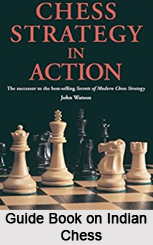
Origin of Chess
With the roots of the game tracing back to the ancient Indians and Persians, it was a game meant for the kings and for royal personalities, since it involved military planning and strategy. The legend goes like this: In ancient India, there was great concern about the prevalence of gambling games using dice. A great number of his people were playing for high stakes and becoming addicted to these games of pure luck. One day the Indian King Balhait summoned Sissa, a Brahmin known for his high analytical repute and requested him to create a game which would require pure mental skill and would hence, oppose the teaching of games in which luck decides the outcome by the throw of dice.
Moreover, the king requested that this new game should also have the ability to enhance analytical and reasoning ability. Sissa then invented a wonderful game called Chaturanga. It was played on an ancient board named "vastu purusha mandala", which was the mythical board of 8 x 8 squares used by architects to design the plan of the cities. Indian players redefined the board representing the universe, as a board game under the secular name of "ashtapada". Sassa is believed to have contributed a lot towards the spread of the game in the entire country. He also achieved one more thing; he used just the chessboard, not even the pawns, to baffle the king and his entire court!
Chess in Modern India
The British brought in the rules of the modern version of the game sometime during the 19th century. This game was also actually patronized by many and was considered as a very important part of one`s recreation.
Chess in Colonial India
There were players of extraordinary calibre, patronized by the Maharajah`s of the princely states and wealthy aristocrats. Pandit Trivengadacharya of Pune, Ghulam Kassim of Madras and Mahesh Chandra Banerji of Bengal were some of the leading chess exponents of that time. Pandit Trivengadacharya also authored Vilasamanimanjari, a Sanskrit book on chess. Moropant Mehendle, Vinayakrao Khadilkar, Sripad Vishnu Bodas and Narayan Rao Joshi of Maharashtra, Kishan Lal Sharda of Mathura, Gurbaksh Rai and Gurdasmal of Punjab were some of the leading chess players in the early years of the last century. 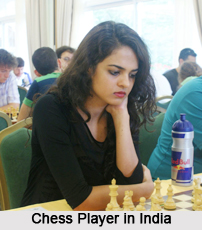
The first Indian to leave a lasting impression at the international level was Mir Sultan Khan. Though uneducated and largely under the guidance of his patron Sir Umar Hayat Khan, Mir Sultan Khan showed such extraordinary genius in Chess in Britain that he not only won the British chess championship in 1929, 1932 and 1933 but also represented Britain in three chess Olympiads as its leading player. Sultan Khan`s glorious career came to an end, when he had to return to Indian with his employer in 1933.This prevented him from creating several milestones.
Chess Federations in World
FIDE: Founded in Paris on 20 July 1924, the World Chess Federation or Federation Internationale des Echecs, known as FIDE from its French acronym is the supreme body responsible for the organization of chess and its championships at global and continental levels. Following its recognition as an International Organization in 1989, the IOC recognized FIDE in June 1999 as an International Sports Federation.
Rules and Regulations in Chess
FIDE issues the rules of chess and the provisions pertaining to the organization of the Chess Olympiad, World Championships and all other FIDE competitions. It awards the international chess titles of Grandmaster, International Master, FIDE Master, Woman Grandmaster, Woman International Master, FIDE Woman Master, International Arbiter and other titles.
World Chess Championship
The World Chess Championship is one of FIDE`s most prestigious events. Throughout history, chess players have known the strongest (or at least the most famous) players of their day. Before the advent of FIDE; and a clearly established system of qualification tournaments; there were those players who clearly held sway over their counterparts in the world and in this sense, became known as World Champions.
Following the death of World Champion Alexander Alekhine in 1946, FIDE went on to organize the World Championship Tournament among the leading players at the time and Grandmaster Mikhail Botvinnik became World Champion. Since then, FIDE has successfully organized a series of qualifying tournaments, starting from the National Championships to Zonal Tournaments, played in the FIDE zones around the world, including the performance on the rating list from FIDE`s over 5000 tournaments globally, to the preliminaries and final matches of the World Chess Championship. These series of qualification tournaments and matches as instituted by FIDE, have seen the emergence of such great names in chess history as Smyslov, Tal, Petrosian, Spassky, Fischer, Karpov and Kasparov.
Chess is widely played and enjoyed in India, which enjoys a rich tradition of playing chess. As of Jan 2011, the world No.1 is Indian chess legend Vishwanathan Anand, and the world No. 2 amongst women is Humpy Koneru. Indians have consistently produced exceptional chess players, especially from the south, and India is one of the world`s best contemporary chess playing nations.
